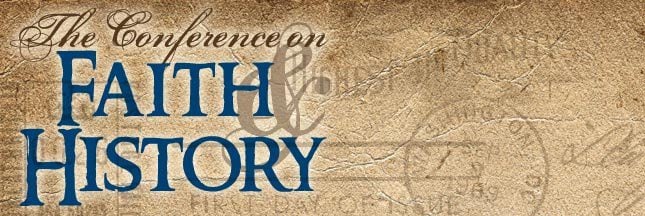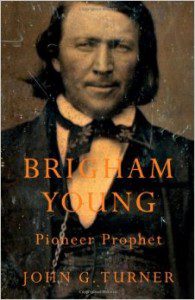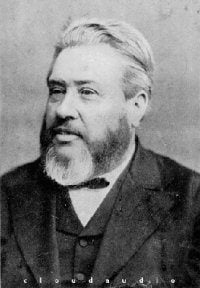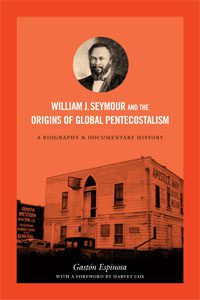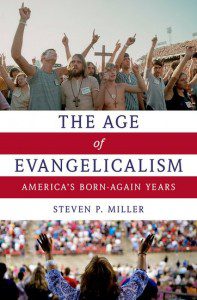For decades, committed evangelicals such as Richard Pierard, Robert Linder, George Marsden, Mark Noll, Nathan Hatch and others worked towards two different goals aimed at two different audiences. First, to an evangelical constituency in which fundamentalism’s suspicion of the academy lingered, they cultivated the idea of history as a legitimate Christian vocation. Second, building on their commitment to history as a Christian calling, and thus worthy of diligence in execution, they labored to demonstrate that their work could meet the... Read more


